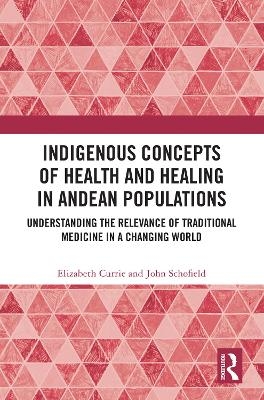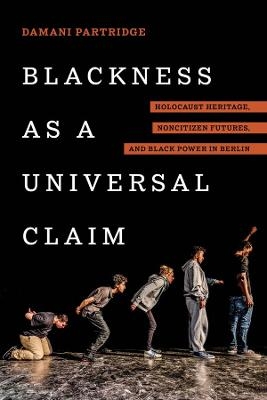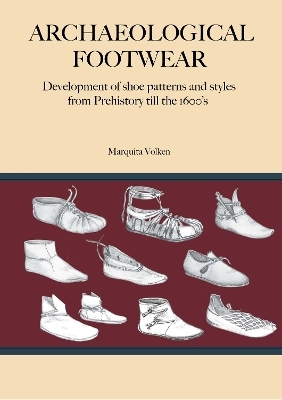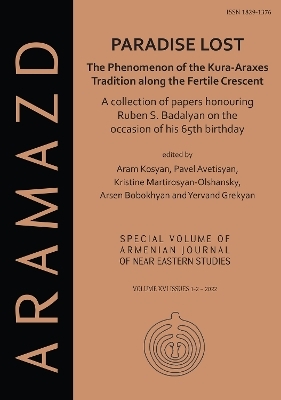
Indigenous Concepts of Health and Healing in Andean Populations
Routledge (Verlag)
978-1-032-52636-2 (ISBN)
- Noch nicht erschienen (ca. September 2024)
- Versandkostenfrei innerhalb Deutschlands
- Auch auf Rechnung
- Verfügbarkeit in der Filiale vor Ort prüfen
- Artikel merken
The authors argue that through determining the nature of the survival of beliefs around health and healing important insights are gained into how people develop adaptive strategies for survival, not just existing, but in a way that allows a continuity of identity and integrity. The book works through various stages of research to arrive at its conclusions. Firstly, through archaeology and ethnohistory it establishes a ‘baseline’ of key ancestral (pre-European) Indigenous Andean beliefs related to health, illness and healing. It then proceeds to review the evidence for the survival of these ancestral beliefs and practices related to Indigenous pre-European Andean epistemologies and ontologies. Analysing the results of the first two sections the final part reflects on the narratives around ancestral beliefs and practices and how they influence lived experience in the contemporary world. In essence, this book deals with the question “How do people manage change?” a universal question relevant to humanity at any time and stresses the need to recognise the significance of cultural diversity, intangible heritage and plurality.
This interdisciplinary study is for researchers in ethnohistory, anthropology, medical anthropology, archaeology, history, heritage and Indigenous studies.
Dr Elizabeth Currie is currently a Research Associate with the Department of Archaeology, University of York (UK). For the MEDICINE project, Elizabeth was Marie Sklodowska-Curie Experienced Researcher and Global Fellow, and Senior Visiting Fellow with the Department of Health Sciences, University of York. Elizabeth has regularly worked across disciplinary and methodological boundaries throughout her rich and varied career consisting of two principal trajectories: South American archaeology and anthropology, and health sciences and health workforce. More recently she developed her lifelong interests in ethnographic and ethnohistorical study of Latin America during which period she lived and worked with Indigenous Andean communities in Ecuador, researching Andean traditional culture and ethnomedicine. Her interests include psychological approaches to human behaviour and construction of identity as seen through material culture, and in expressions of Indigenous cosmology, being and beliefs, especially with societies practising shamanistic religions. The impact of enforced evangelisation to Christian religion upon non-Christian Indigenous societies with autochthonous expressions of beliefs through the study of mythos is a particular interest. Elizabeth is now pursuing her latest interests in the Himalayan region of India and Nepal, studying the ancient mystical traditions of Indian theology. Professor John Schofield is Director of Studies in Cultural Heritage Management in the Archaeology Department at the University of York (UK). Following a PhD in prehistoric archaeology at Southampton University, John spent 21 years in policy, heritage protection and research leadership with one of the UK’s lead heritage agencies, English Heritage (that part now known as Historic England). During this time he developed an active research interest in contemporary archaeology as well as recognising the need for both archaeology and cultural heritage practices to be more relevant to the contemporary world and also more socially engaged. John was appointed to the University of York in 2010, going on to serve as Head of Archaeology from 2012 to 2018. John holds adjunct positions at Griffith and Flinders universities (Australia), and is Docent in Contemporary Archaeology and Cultural Heritage at the University of Turku (Finland). John is a Fellow of the Society of Antiquaries of London, a Corresponding Fellow of the Australian Academy of the Humanities and a Member of the Chartered Institute for Archaeologists. John has published extensively on a diversity of topics relating to cultural heritage and contemporary archaeology. He has previously served as Executive Editor of the Taylor and Francis journal World Archaeology.
Chapter 1 - Background, Aims, Approaches and Methodology; Chapter 2 - The Study Area. Demographics and Health Indicators; Chapter 3 - Healing Cosmology and Traditions in the Northern Andes; Chapter 4 - Survey Results; Chapter 5 - Indigenous Identity and Historical Consciousness; Chapter 6 - The Evolution of Indigenous Identity and ‘Empowerment’ In Ecuador; Chapter 7 - Building the Bridge. A Discussion of the Evidence; Chapter 8 - Modelling Health Beliefs in Traditional Populations. Culturally Integrative Models of Care Provision: The Study Region; Chapter 9 -The Tale of Juana Icha: A Trial by Three Models. The Psychological Impact of Evangelisation; Chapter 10 - From Bridge to Policy and Practice Guidance; Chapter 11 - Some Final Thoughts on Heritage Discourses; Chapter 12 - Summary and Conclusions
| Erscheint lt. Verlag | 9.9.2024 |
|---|---|
| Zusatzinfo | 48 Tables, black and white; 3 Line drawings, black and white; 19 Halftones, black and white; 22 Illustrations, black and white |
| Verlagsort | London |
| Sprache | englisch |
| Maße | 156 x 234 mm |
| Themenwelt | Geisteswissenschaften ► Archäologie |
| ISBN-10 | 1-032-52636-X / 103252636X |
| ISBN-13 | 978-1-032-52636-2 / 9781032526362 |
| Zustand | Neuware |
| Haben Sie eine Frage zum Produkt? |
aus dem Bereich


